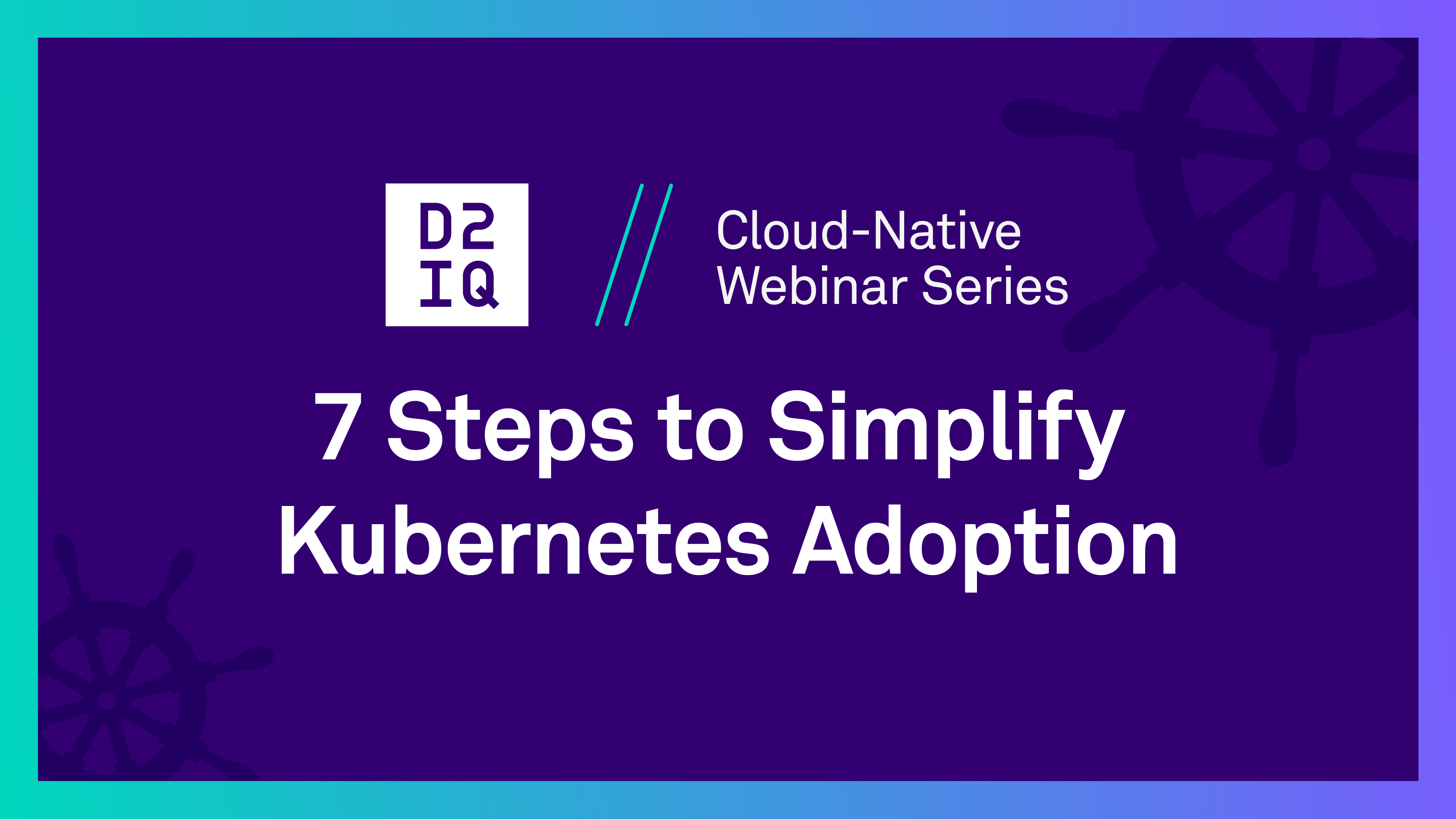Many organizations are adopting Kubernetes to gain agility and increased time-to-value. However, complexity, security, and a shortage of IT skills are the top challenges that prevent organizations from effectively deploying Kubernetes.
Complexity
Kubernetes requires the selection and integration of a host of component services, which makes do-it-yourself (DIY) deployments beyond the scope of most organizations. Kubernetes management also differs significantly from traditional IT environments. As organizations move from legacy to cloud-native applications, the demand for Kubernetes has significantly increased. However, as they move closer to production and Day 2 operations, they are often met with the complexity of migrating to a complete Kubernetes-powered environment while also struggling to keep pace with the skills required to maintain it. As open-source Kubernetes evolves and becomes more widely deployed, challenges will continue to arise as organizations seek to harness its benefits.
Security
A containerized Kubernetes environment presents security challenges unlike traditional environments, which is why the NSA has issued a set of Kubernetes security hardening guidelines. But that’s not the only area organizations are concerned about when it comes to cloud-native application deployment. According to a recent ESG report, more than one-third (34%) of respondents indicate that security is one of the biggest challenges their organization has faced – or expects to face – with its cloud-native applications. Although Kubernetes provides access controls and features to help secure clusters, it lacks built-in security to ensure that the containers and code running on the cluster are protected. Whether your organization is leveraging a cloud service provider (CSP) or building their own (DIY) Kubernetes environment, developers that are not familiar with Kubernetes and its security can struggle to properly deploy their workloads securely.
IT Skills Gap
Managing a Kubernetes deployment differs greatly from traditional IT environments, and most organizations lack the necessary DevOps skills. As organizations deploy Kubernetes and continue on their AI-based smart cloud-native journeys, the demand for advanced skills only increases. Operators today require more development skills to manage the complexity of tools and to automate complex tasks. However, the demand for these specialized skills are in short supply as organizations struggle to hire infrastructure specialists. ESG Research found that 67% of respondents are looking to hire IT generalists over IT specialists.
Adopting Kubernetes is often very difficult, but it doesn't have to be. By committing to a cloud-first and curated application approach, organizations can avoid some of the biggest challenges that plague Kubernetes deployments.
In this webinar, Paul Nashawaty, Analyst at Enterprise Strategy Group, and Dan Mennell, Sales Engineer at D2iQ, share the challenges organizations face when adopting Kubernetes and offer expert advice on how to overcome its complexity, including:
- How to simplify Kubernetes adoption and get to Day 2 production faster in seven steps
- Questions to ask your team to agree on the best strategy for your unique production environment
- Questions to ask your vendor to get up and running quickly, the first time










